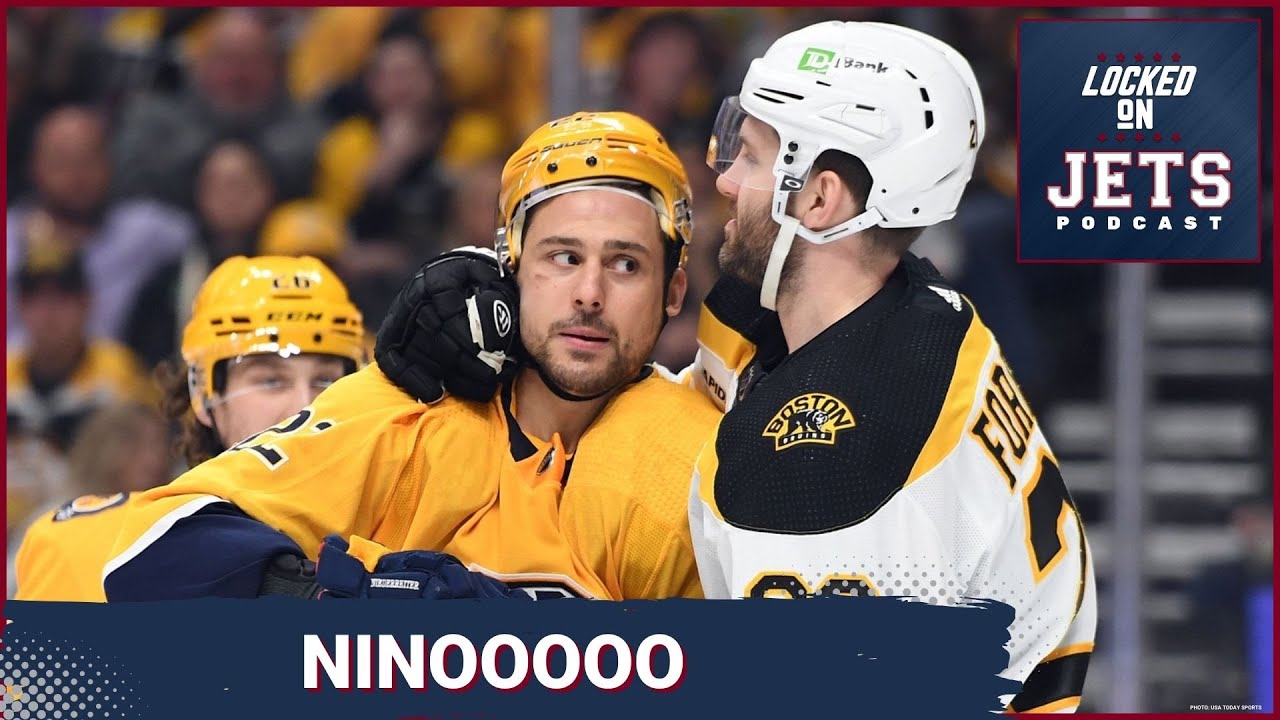The off-season is often a period of anticipation and adjustment for National Hockey League teams. For the Winnipeg Jets, this summer has been characterized by a seemingly contradictory set of personnel changes, presenting a classic case of giving with one hand while, perhaps, taking away with the other. Fundamentally, the team saw the arrival of a significant, albeit familiar, name, coupled with the departure of a dynamic offensive talent.
On the positive side, the Jets officially welcomed back Winnipeg native and bona fide NHL legend Jonathan Toews. The veteran center, a multiple Stanley Cup champion with the Chicago Blackhawks, signed a one-year contract on July 1st. While Toews, now 37, hasn`t skated in the NHL for two years, his signing generated considerable buzz, rooted as much in the romantic notion of a local hero returning as in his potential on-ice contribution. The strategic hope is that, given sufficient time to regain game form, Toews can effectively fill a crucial void at the second-line center position. This move addresses a clear need down the middle of the lineup.
However, the narrative takes a downturn with the departure of forward Nikolaj Ehlers. After 11 years contributing his speed, skill, and offensive creativity to the Jets organization, Ehlers left Winnipeg as a free agent, signing with the Carolina Hurricanes. There is no soft-pedaling the impact of losing a top-six forward with Ehlers` game-breaking capabilities. His exit leaves a noticeable hole among the team`s primary offensive weapons.
This pair of major moves sets up a fundamental question for the Jets` outlook: will the potential upside of Toews successfully addressing a positional need outweigh the undeniable loss of Ehlers` dynamic offensive output? Optimists might argue that securing a seasoned center, even one returning from a break, strengthens a more pivotal position. They would bet on Toews` experience and leadership to provide stability. Conversely, those with a more cautious perspective would highlight the inherent uncertainty surrounding any player returning after a two-year layoff. They might also point out the difficulty in replacing Ehlers` specific skillset and offensive punch via the trade market or internal options.
Beyond these two headline-grabbing transactions, the majority of Winnipeg`s other summer roster adjustments appear to be more peripheral in nature. They represent depth signings and minor tweaks rather than foundational changes.
Ultimately, how these key personnel shifts translate on the ice remains to be seen. The Winnipeg Jets, who finished last season with an impressive 116 points, have placed a significant bet on Jonathan Toews` ability to contribute and adapt, while simultaneously needing to account for the offensive vacuum created by Nikolaj Ehlers` departure. Whether this off-season is viewed in hindsight as a strategic success or a missed opportunity will be determined by the performance of the team, and its revised depth chart, in the upcoming season.

